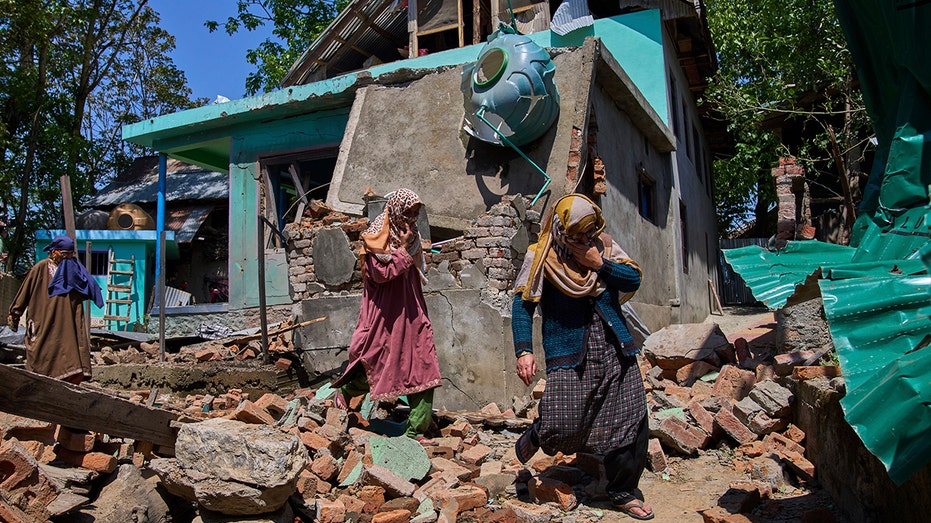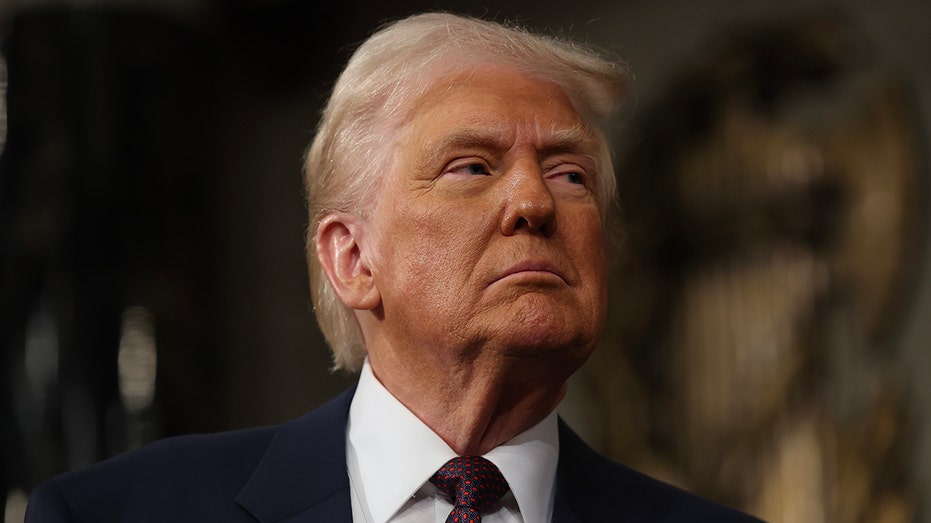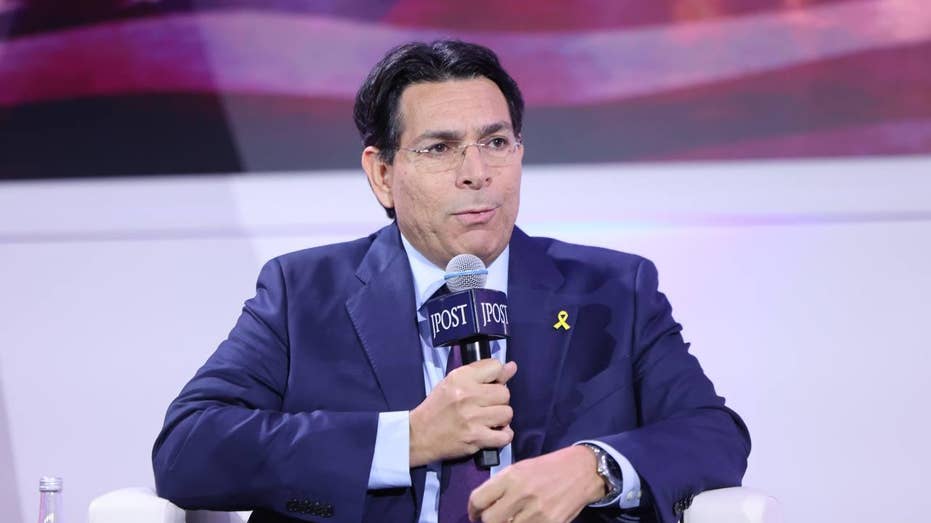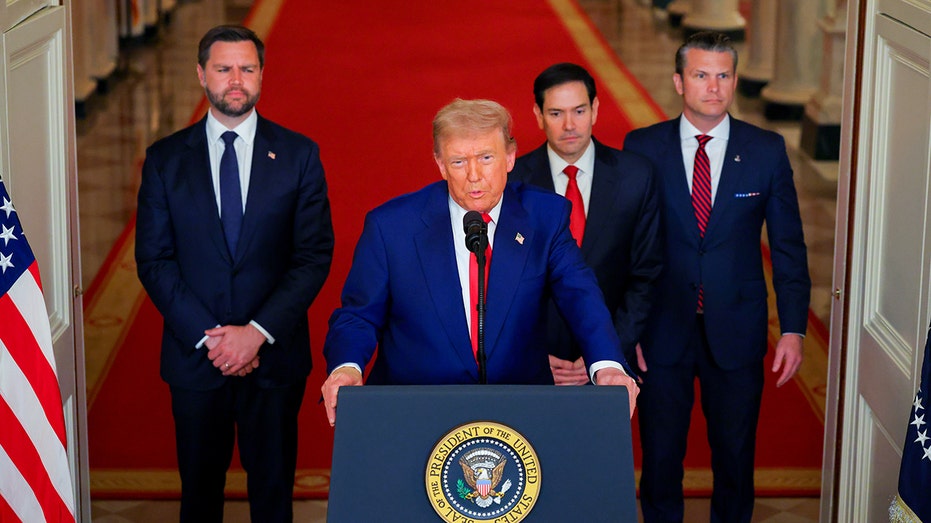Why the India-Pakistan Kashmir Clash Is More Than Just a Border Dispute

Sarah Johnson
April 27, 2025
Brief
Tensions between India and Pakistan surge after a deadly Kashmir attack kills 26, sparking diplomatic, trade sanctions, and fears of military escalation between two nuclear-armed rivals.
India and Pakistan are squaring off again over Kashmir, this time after an attack left 26 mostly Indian tourists dead—a tragedy New Delhi promptly linked to Pakistan. Islamabad, unsurprisingly, is denying any involvement, but the tension has already escalated into tit-for-tat diplomatic and trade sanctions. With both countries flexing their muscles, the world is holding its breath to see what comes next.
India, under heavy domestic pressure, has hinted at a possible military strike across the border, calling the attack a "terror" incident with "cross-border links." Pakistan, never one to back down, is making it clear that any strike would get a military response. If one side blinks the wrong way, that’s all it takes for things to get ugly fast. The last time they really went at it was back in 2019, after a suicide car bombing killed 40 Indian soldiers in Kashmir.
There was a brief moment of calm in 2021 thanks to a ceasefire agreement, but that peace snapped this week after a quick bout of cross-border gunfire. And here’s the thing that keeps everyone up at night: both India and Pakistan are armed to the teeth with nuclear weapons. Any conventional scuffle could spiral into something much worse, which is about as comforting as a porcupine pillow.
Historically, these neighbors have gone to war twice since independence—in 1965 and 1971—but the stakes shot way up when India tested its first nuke in 1974. Pakistan caught up in 1998, and since then, even their "minor" border skirmishes have had the world’s attention. The biggest one since then was in 1999, which only stopped after the U.S. stepped in like an exasperated parent.
The plot thickens because China is also part of this nuclear triangle, sharing borders with both and having its own slice of disputed Kashmir. China sides with Pakistan and has helped ramp up its missile tech, while India cozies up to the U.S.—which is always looking for new ways to keep China in check. If things go sideways, you can bet the world’s superpowers won’t just sit this one out.
After the massacre, India suspended a crucial water treaty that regulates how river waters flow into Pakistan. Pakistan fired back, calling any attempt to cut off water an "act of war." With both countries already facing water shortages and climate stress, weaponizing rivers could be catastrophic for Pakistan’s agriculture and, honestly, for the environment in general.
Meanwhile, human rights groups—including the U.N.—have slammed India for crackdowns in its part of Kashmir, pointing to civilian killings and arbitrary arrests. Militants also haven’t held back, targeting civilians and religious pilgrims. India’s military response aims to root out "terrorism," but the cycle of violence and accusations just keeps spinning, making the region a powder keg with a very short fuse.
Topics
Editor's Comments
If international diplomacy were a reality show, this would be the season finale—nuclear powers, superpower sidekicks, and now a literal water crisis! If someone could just convince India and Pakistan to settle their disputes over a cricket match and a glass of water, maybe the rest of us could finally unclench.
Like this article? Share it with your friends!
If you find this article interesting, feel free to share it with your friends!
Thank you for your support! Sharing is the greatest encouragement for us.



